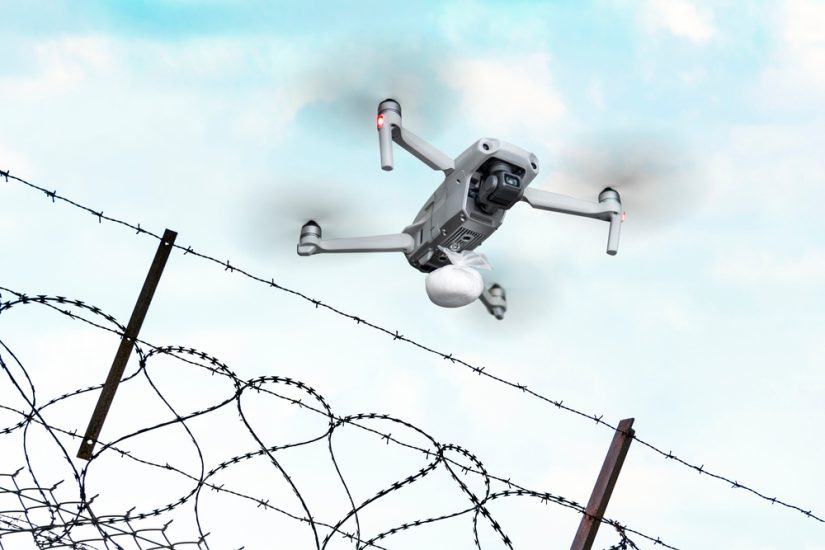A new research paper “Standardized Evaluation of Counter-Drone Systems: Methods, Technologies, and Performance Metrics” been published in the Drones MDPI journal, according to a Linkedin post by Geert De Cubber, Team Leader of the Robotics & Autonomous Systems Research Unit, Project Coordinator of the EU-ISF COURAGEOUS Project.
“This work is part of the EU-funded COURAGEOUS project (https://courageous-isf.eu/) and addresses a critical gap: the lack of standardized methodologies to assess the performance of counter-drone (C-UAS) systems,” according to Geert De Cubber. “With drone threats rapidly increasing, civil security actors need reliable tools to evaluate and compare the capabilities of different solutions.”
The paper proposes a modular, scenario-based test methodology; clearly defined operational and functional performance requirements; a framework enabling both qualitative and quantitative system evaluation; and validation through real-world user-scripted trials
According to an abstract of the text:
“This paper aims to introduce a standardized test methodology for drone detection, tracking, and identification systems. It is the aim that this standardized test methodology for assessing the performance of counter-drone systems will lead to a much better understanding of the capabilities of these solutions. This is urgently needed, as there is an increase in drone threats and there are no cohesive policies to evaluate the performance of these systems and hence mitigate and manage the threat. The presented methodology has been developed within the framework of the project COURAGEOUS funded by European Union’s Internal Security Fund Police.
“This standardized test methodology is based upon a series of standard user-defined scenarios representing a wide set of use cases. At this moment, these standard scenarios are geared toward civil security end users. However, the proposed standard methodology provides an open architecture where the standard scenarios can be modularly extended, providing standard users the possibility to easily add new scenarios. For each of these scenarios, operational needs and functional performance requirements are provided. Using this information, an integral test methodology is presented that allows for a fair qualitative and quantitative comparison between different counter-drone systems. The standard test methodology concentrates on the qualitative and quantitative evaluation of counter-drone systems. This test methodology was validated during three user-scripted validation trials.”
The paper also notes a trend toward multi-technology systems highlights the need for robust data fusion methodologies to effectively mitigate false positives and negatives.

For more information
https://www.linkedin.com/in/geertdecubber/
https://www.mdpi.com/2504-446X/9/5/354
(Image: Shutterstock)




